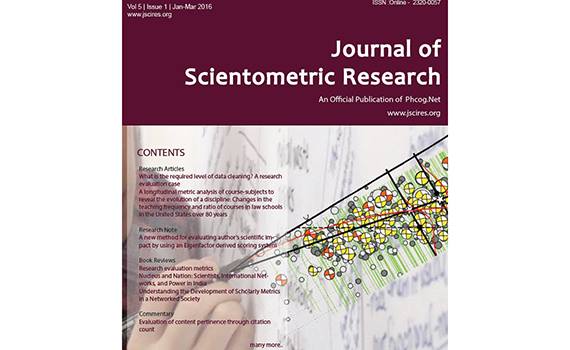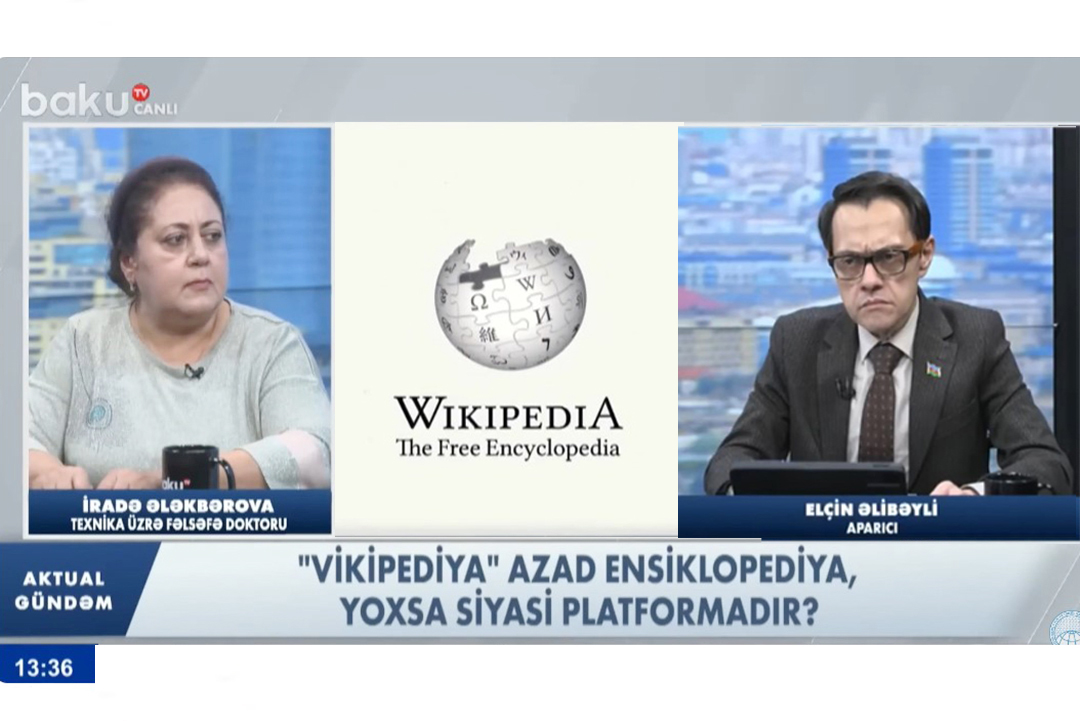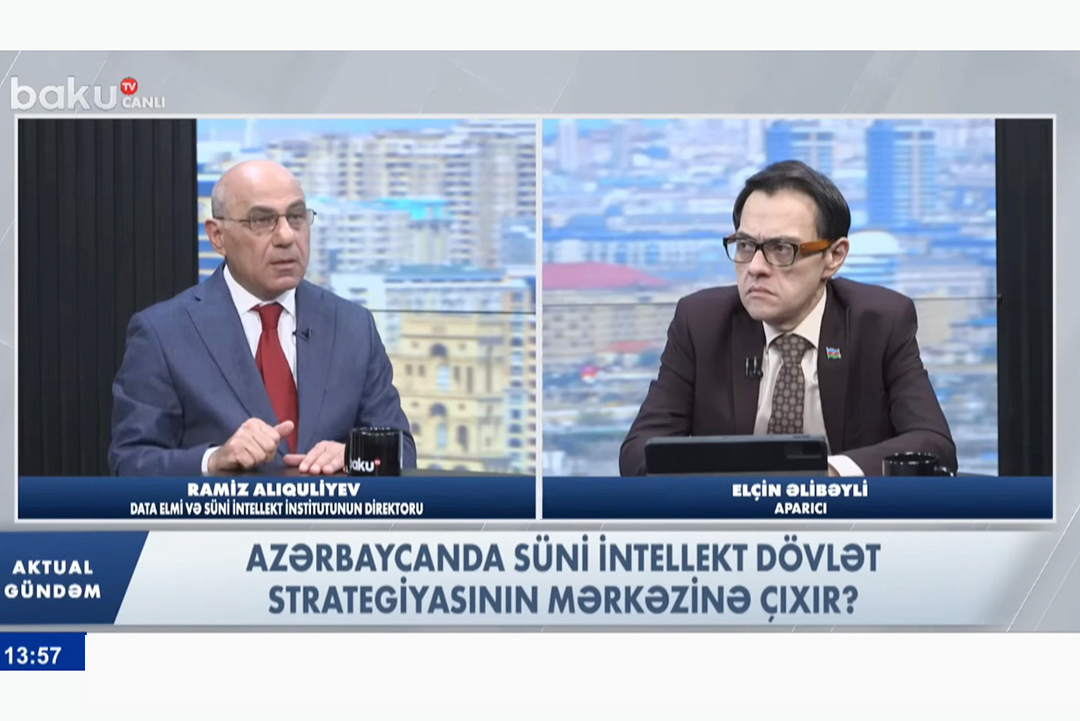NEWS
Article of the Institute published in Journal of Scientometric Research

The article“Journal Impact Factor Weighted by SJR and 5-Year IF indicators of Citing Sources” (DOI: 10.5530/jscires.7.2.15) of co-authors, correspondent member of ANAS, doctor of technical sciences Ramiz Aliguliyev and senior researcher of the institute Narmin Adigozalova was published in the Journal of Scientometric Research.
It is known that Impact Factor (IF) is currently the most widely used indicator to measure the reputation of the journals. Although over 60 years have been used, this indicator was criticized by many researchers. The most critical and incomplete aspect is that it ignores the reputation of the source that cites during counting. In other words, all reference sources (journals ) have the same reputation. The main point here is that reference sources are indexed solely on the WoS database, and no outside indicator is taken into account.
However, recent studies have shown that the calculation of such an IF does not reflect the objective. First of all, the IF of reference sources can differ significantly and differ from each other. It is clear that the reputation of the journals in this way can not be the same. In this case, identification of references from them, taking into account the same weight, does not reflect the objectivity. To eliminate this shortfall, many researchers proposed the weighted options of the IF.
The advantage of the weighted IF offered by the authors is that two different bases (WoS and Scopus) are taken into account as the predominant source of the reference source (5IF and SJR).
The Journal of Scientometric Research was indexed "Web of Science", "CNKI", "EBSCO Publishing's Electronic Database", "Exlibris", "Google Scholar", "Hinari", "Infotrieve", "Journal Guide" National Science Library "," OpenJGate "and other scientific bases.
© All rights reserved. Citing to www.ict.az is necessary upon using news




